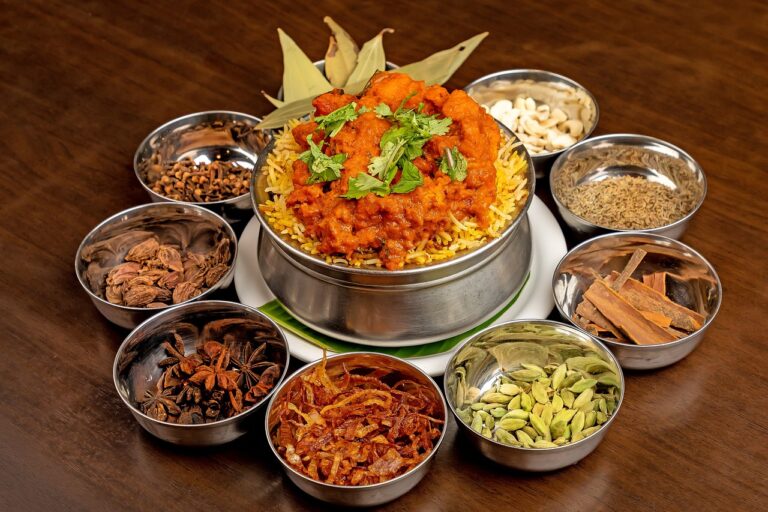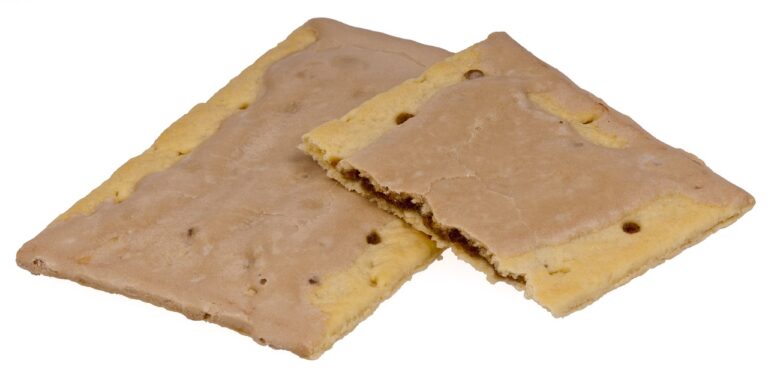Olive Oil and Its Use in Anti-Stress Diets: 11xplay, Gold365.win, Skyexchange registration
11xplay, gold365.win, skyexchange registration: Olive oil is a versatile and nutritious ingredient that has been used for centuries in cooking and skincare. Not only is it delicious, but it also offers a wide range of health benefits, including its use in anti-stress diets.
When it comes to managing stress, the foods we eat can play a crucial role in helping to calm our minds and bodies. Incorporating olive oil into your diet is a great way to support your body during stressful times. In this article, we will explore the benefits of olive oil and how you can use it to create anti-stress meals.
Benefits of Olive Oil in Anti-Stress Diets:
1. Rich in Antioxidants: Olive oil contains powerful antioxidants that help protect the body from oxidative stress, which can lead to chronic diseases and inflammation.
2. Heart-Healthy Fats: Olive oil is high in monounsaturated fats, which have been shown to improve heart health by reducing inflammation and lowering cholesterol levels.
3. Brain Health: The monounsaturated fats in olive oil are also beneficial for brain health, helping to improve memory and cognitive function.
4. Anti-Inflammatory Properties: Olive oil has anti-inflammatory properties that can help reduce inflammation in the body, which is often exacerbated by stress.
5. Mood-Boosting: Olive oil contains oleic acid, a fatty acid that has been linked to improved mood and overall mental well-being.
6. Digestive Health: Olive oil is easy on the digestive system and can help promote healthy digestion, which is important for overall well-being, especially during times of stress.
Incorporating Olive Oil into Your Anti-Stress Diet:
1. Salad Dressings: Use olive oil as the base for homemade salad dressings to add flavor and healthy fats to your greens.
2. Cooking: Use olive oil for cooking and saut驮g vegetables, meats, and grains for a nutrient-dense and stress-relieving meal.
3. Drizzling: Drizzle olive oil over cooked dishes like pasta, roasted vegetables, or soups for an extra burst of flavor and nutrition.
4. Dipping: Dip bread into olive oil mixed with herbs and spices for a delicious and stress-relieving snack.
5. Marinades: Use olive oil as a base for marinades for meat, fish, or tofu to infuse flavor and healthy fats into your meals.
6. Baking: Use olive oil in baked goods like cakes, cookies, and muffins for a healthier alternative to butter or vegetable oil.
FAQs:
Q: Can olive oil help reduce stress levels?
A: While olive oil alone cannot cure stress, incorporating it into a healthy and balanced diet can support overall well-being and potentially help manage stress levels.
Q: How much olive oil should I consume daily?
A: The recommended daily amount of olive oil varies depending on individual dietary needs and health goals. It is generally recommended to consume 1-2 tablespoons of olive oil per day as part of a balanced diet.
Q: Are all types of olive oil the same?
A: No, there are different types of olive oil, including extra virgin, virgin, and refined olive oil. Extra virgin olive oil is considered the highest quality and is the least processed, retaining the most nutrients and flavor.
Q: Can olive oil be used for skincare?
A: Yes, olive oil can be used as a natural moisturizer for the skin, hair, and nails. It is rich in vitamins and antioxidants that can help nourish and protect the skin.
In conclusion, olive oil is a versatile and nutritious ingredient that can be a valuable addition to an anti-stress diet. By incorporating olive oil into your meals, you can support your body’s overall well-being and potentially help manage stress levels. So next time you’re feeling overwhelmed, reach for the bottle of olive oil and whip up a delicious and stress-relieving meal.







